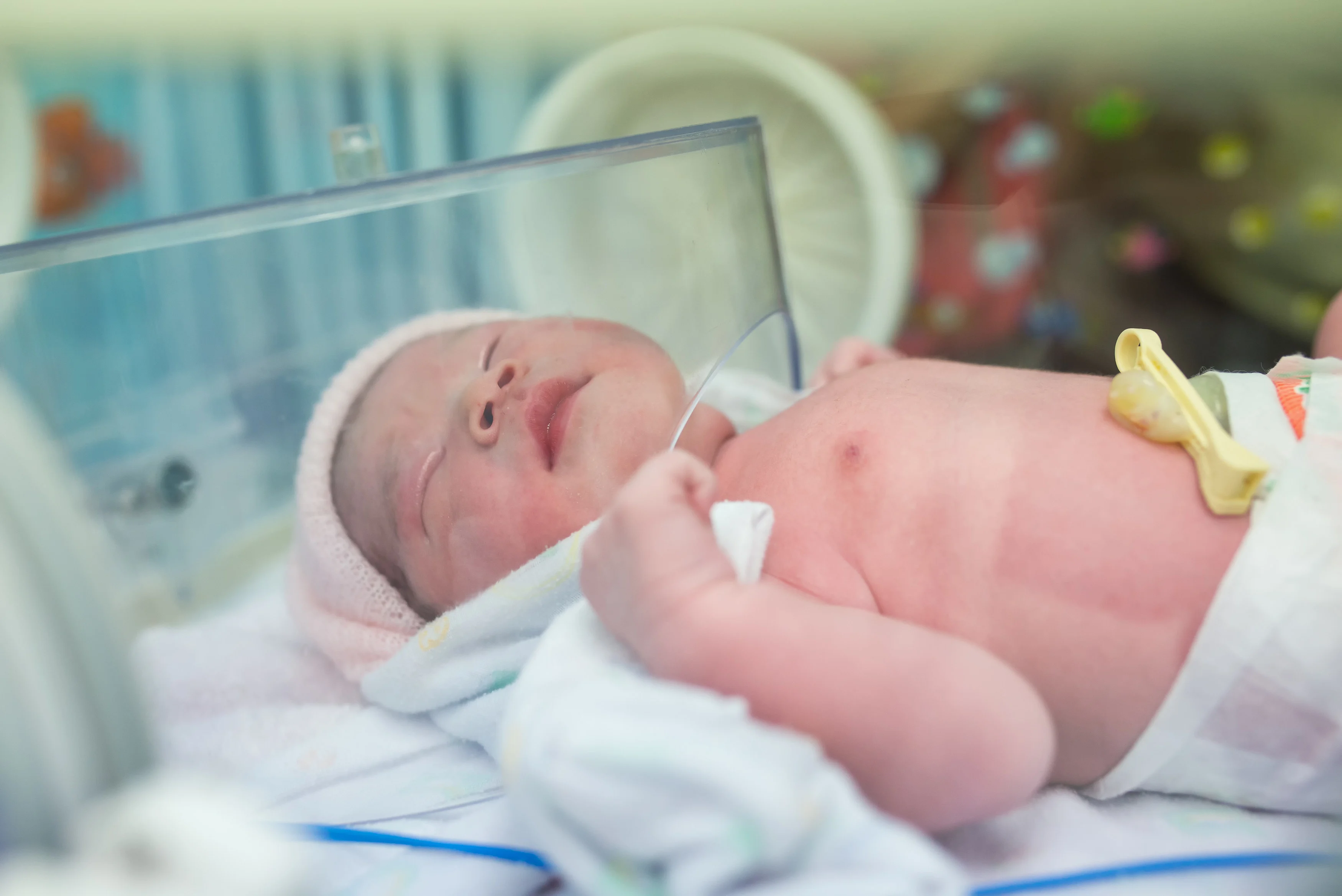By Kolette Lim
Copyright scmp

Life-saving treatments for newborns suffering from sepsis are becoming dangerously ineffective across Southeast Asia, according to new research, with experts warning that drug-resistant bacteria are putting thousands of infants at risk.
A study led by the University of Sydney and published in The Lancet this month warns that drug-resistant bacteria are behind nearly 80 per cent of sepsis cases in newborns across five Asian countries: Malaysia, Indonesia, Vietnam, the Philippines and Sri Lanka.
Sepsis occurs when the body’s immune system has an extreme reaction to infection, which can lead to organ failure or death.
The team analysed more than 15,000 blood samples from newborns in the five countries and concluded that the vast majority of infections were caused by a type of bacteria likely resistant to current treatments.
Researchers said the findings from the five countries, which each have high rates of sepsis in newborns, highlight the urgent need to develop new drugs to combat the issue.
“We are running out of effective treatments for babies with invasive infections,” Michelle Harrison, one of the study’s authors, told This Week in Asia.
Harrison, a student at the university’s School of Public Health, warned that there are few drugs in the development pipeline and it would take about 10 years for any new antibiotic to be approved for use in newborns.
“With so few new drug candidates in the first place, we need a significant investment in antibiotic development,” she said.
The World Health Organization currently recommends antibiotics for newborn sepsis based largely on data from high-income countries. The study’s researchers said this approach risks being dangerously outdated, since 85 per cent of newborn deaths from sepsis occur in low- and middle-income nations.
“There are differences in the epidemiology of infection between differently resourced settings and therefore we need more data from the region,” Harrison said, pointing to a lack of studies from Asia and other developing regions.
Associate Professor Phoebe Williams, who led the research team, said the study also revealed a worrying shift in how resistant bacteria were affecting newborns. Such infections had previously been more common in older babies but were now appearing within the first few days of life.
“Guidelines must be updated to reflect local bacterial profiles and known resistance patterns,” Williams said. “Otherwise, mortality rates are only going to keep climbing.”
According to the study, half a million infants die from sepsis globally every year, with one-third of these deaths caused by bacteria resistant to antibiotics.
While data on rising sepsis cases and antimicrobial resistance in Southeast Asia remains limited, researchers warned that drug-resistant bacteria could spread rapidly across borders.
“With increasing globalisation and the increasing ease of travel, it means that resistant pathogens can move easily throughout the region and globally,” Harrison said.
To lower the risk of transmission, she urged parents and healthcare workers to maintain strict hygiene and infection control, while noting that breastfeeding can strengthen an infant’s immunity and reduce exposure to contaminated objects.



